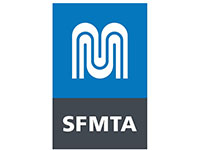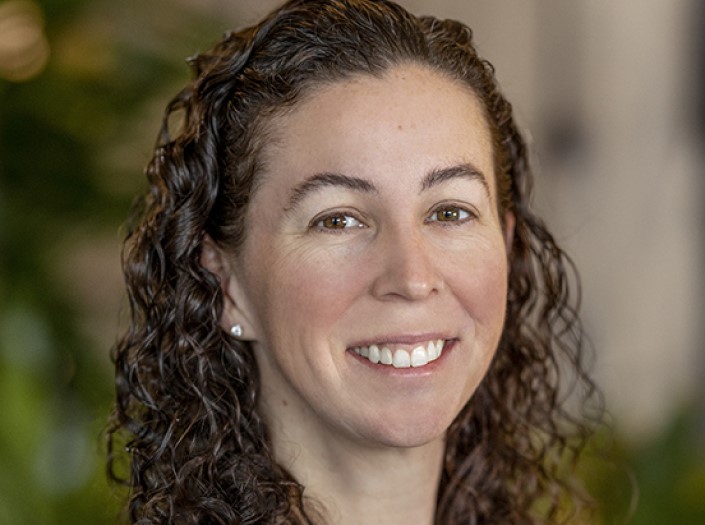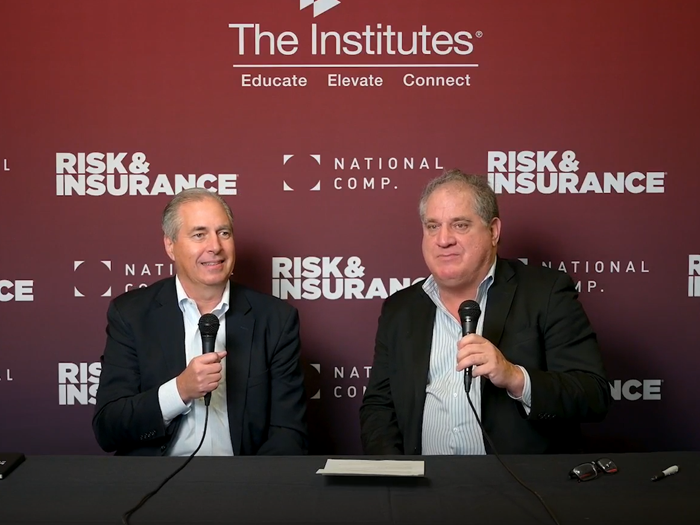2025 Theo Award Winner: San Francisco Municipal Transportation Agency
 When the San Francisco Municipal Transportation Agency emerged from the pandemic, the organization faced a workers’ compensation crisis.
When the San Francisco Municipal Transportation Agency emerged from the pandemic, the organization faced a workers’ compensation crisis.
Temporary disability costs were spiraling upward while the number of employees receiving benefits continued to climb. The agency’s existing processes created delays in claim reporting and lacked the early intervention strategies needed to support injured workers effectively.
Working in San Francisco’s demanding public transportation environment presents unique challenges, from physical and verbal assaults to vehicle accidents. SFMTA recognized that their traditional approach to workers’ compensation was failing both their employees and their bottom line.
Tackling the Problem
SFMTA launched a comprehensive transformation of their workers’ compensation program, built around four interconnected initiatives designed to prioritize early intervention and employee care. The agency partnered with specialized service providers to create a seamless support system that would fundamentally change how they approached workplace injuries.
The cornerstone of SFMTA’s new approach became their Lightspeed program, a rapid response initiative that ensures swift investigation of workplace injuries. Within 24 hours of an incident, investigators arrive at the scene to collect statements, photographs, videos, and necessary reports. This immediate response provides critical information to claims adjusters, enabling quick compensability determinations and ensuring benefits reach injured employees without delay.
“The main thing is about early intervention and taking care of the employee at the very beginning,” said workers’ compensation manager James Radding, who spearheaded the program transformation. “If you take care of them at the beginning, things actually go much better. We definitely care for the employee, and I think that has been lost in the industry.”
Recognizing that medical navigation can overwhelm injured workers, SFMTA implemented an early intervention program featuring telephonic nurse triage services through their partnership with InterMed. Injured employees can immediately contact a nurse to report their injury and discuss appropriate treatment options. These nurses serve as trusted guides through the complex workers’ compensation system, building rapport and providing the medical expertise that traditional claim adjusters may lack.
“The nurses play a big role because their main goal is for medical treatments,” Radding said. “They‘re there to help them out, build rapport and trust. They help you out into the system and get you to the care that you need.”
The agency also transformed their approach to claim management by repositioning adjusters as “tour guides” rather than gatekeepers. This paradigm shift emphasized that injured employees are real people with families and financial responsibilities, not just claim numbers in a system.
“The employee is just not a claim number, but a real person,” Radding said. “[The adjusters] became more of a tour guide, helping them through the process, talking about the benefits, helping them understand how they’re paid, how the utilization review works. We’re there to be an advocate for them for their workers’ comp claim.”
Organization: SFMTA * Location: San Francisco * Number of Employees: 6,054 * Category: Transportation & Logistics
SFMTA enhanced its transitional work program in collaboration with the City and County of San Francisco, creating more opportunities for injured employees to return to modified duties. The agency worked closely with departments to demonstrate the benefits of accommodating workers in light-duty positions, understanding that employees recover more quickly when they maintain their work routine and connection to colleagues.
The fourth pillar addressed mental health needs, through comprehensive psychological support services. SFMTA created a robust panel of mental health providers offering both in-person and remote interventions, ensuring injured employees receive appropriate psychological care without delays.
Communication became central to every aspect of the program. SFMTA established multiple touchpoints for injured employees, from initial nurse contact to regular follow-up calls and direct access to internal team members for questions or concerns.
I’m really big on communication and transparency, and I think that’s important,” Radding said. “This is kind of new to people. They’re communicating to me. They’re being very transparent. It’s definitely a paradigm shift for people, and I think over time, it builds a better culture.”
Success to Build On
SFMTA’s innovative approach has delivered remarkable results across multiple metrics. The agency achieved a 300% improvement in getting injured employees back to work within the initial 90 days of their claims. This dramatic reduction in time away from work translated into substantial cost savings, with temporary disability payments dropping by over one million dollars in fiscal year 2024. &
 The Theo Award celebrates its sophomore year, honoring 32 workers’ compensation programs for their excellence and service to workers across the nation. To learn more about the award and amazing qualities each winner possesses, visit here.
The Theo Award celebrates its sophomore year, honoring 32 workers’ compensation programs for their excellence and service to workers across the nation. To learn more about the award and amazing qualities each winner possesses, visit here.










